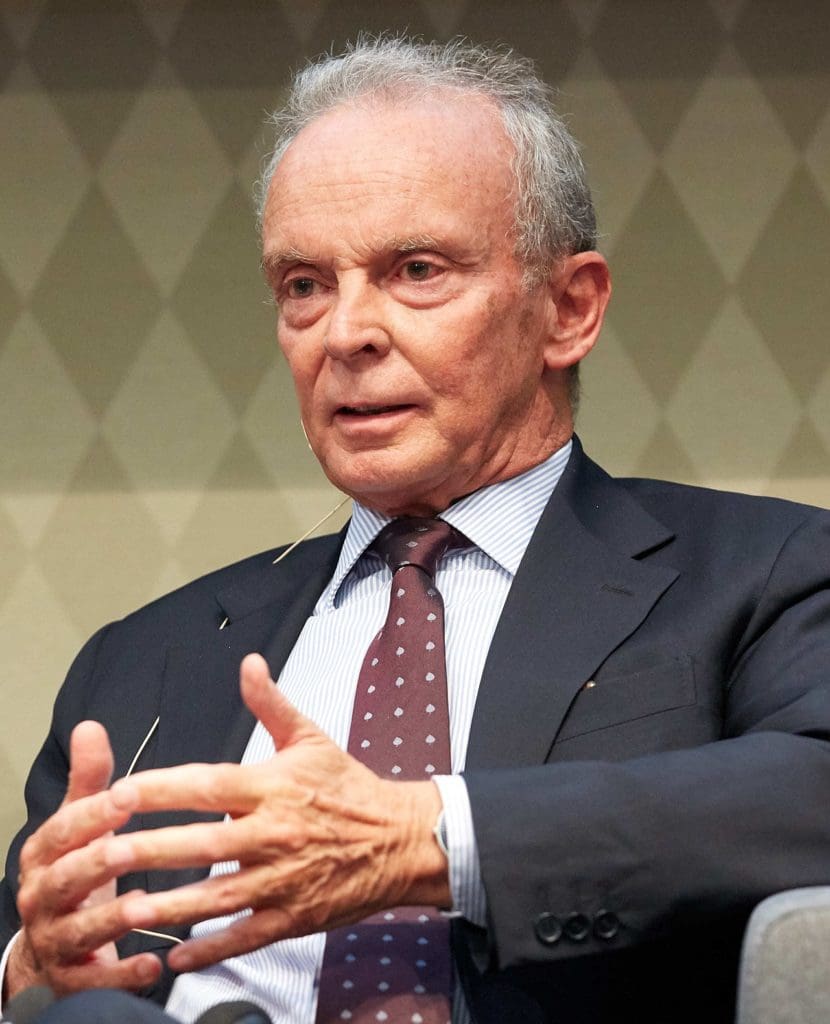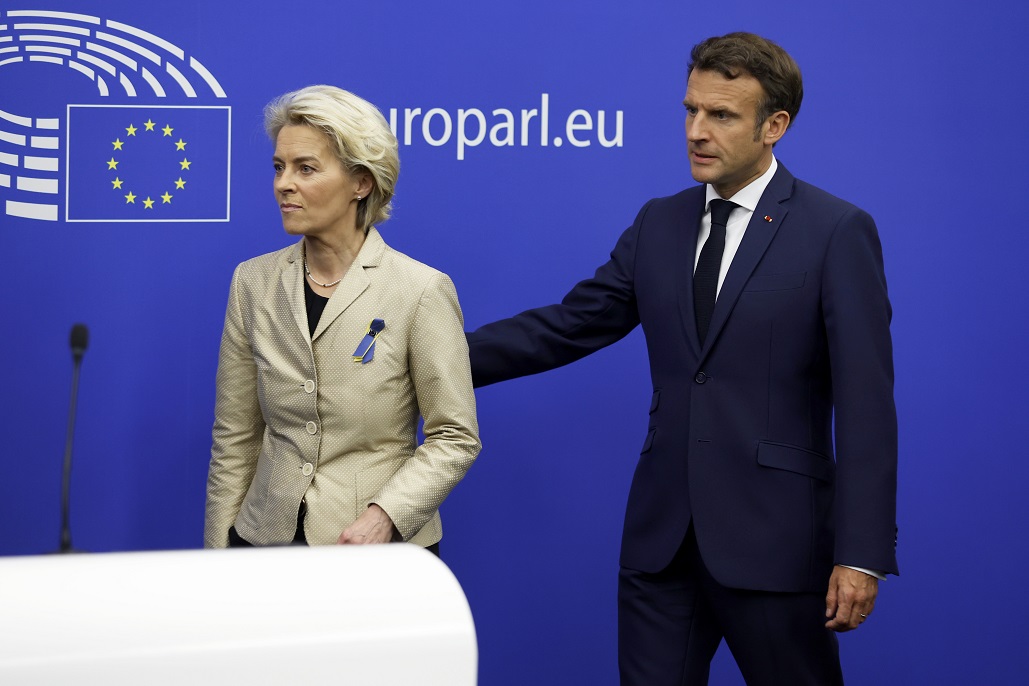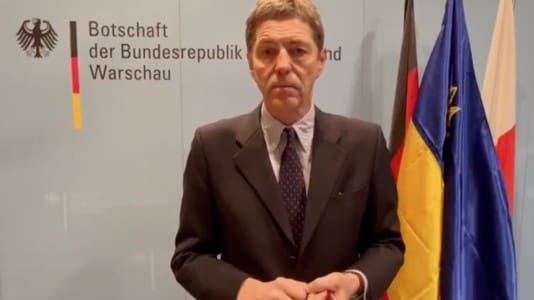Germany and France are making a new push to remove veto powers from national member states, with European Commission President Ursula von der Leyen calling this week for the end to unanimous consent in the EU regarding important policy areas, such as healthcare, foreign policy, and defense.
The radical move, which would arguably lead to a European superstate, has already been rejected by 13 member states, with politicians connected with Poland’s ruling government indicating that it represents a power grab, a threat to national sovereignty, and a sign that “Berlin wants to rule Europe.”
Although the popular consensus is that such a treaty change cannot happen without unanimous consent from all nations, there are those who are claiming otherwise.
[pp id=36203]
Former European Commissioner Ferdinando Nelli Feroci, who currently serves as the president of the Institute of International Affairs, revealed during an interview with Il Giornale that he is convinced a push for the revision of EU treaties is possible.
According to Feroci, Article 48 of the EU treaty allows for as few as one member state, or the European Parliament or the Commission, to initiate a proposal to revise the treaties and then begin the process by convening a convention.

“A simple majority vote of the European Council can set it into motion. That is, once someone has presented the proposal, and in this case, it will be the European Parliament that will make it, because it has already announced it, the Council must pronounce itself and can do so by a simple majority of its members,” said Feroci, adding that 14 states would be enough for such a treaty change.
Recently, as many as 13 member countries have reiterated their opposition to the revision of the treaties. According to Feroci, a decision of the European Council with an intergovernmental conference can achieve simpler, more targeted revisions on individual provisions. All EU parliaments would still need to ratify any such change for it to enter into force.
Orbán’s position is understandable
Feroci does not see anything happening before the European Council summit in June — he explains that countries who remain opposed to moving from unanimity to a qualified majority fear the loss of their sovereignty.
[pp id=36294]
“They have been seeking an agreement for more than a week. It reflects the difficulties of overcoming the unanimity rule. I have no sympathies for Orbán’s Hungary, but I can understand his position,” Feroci said.
“He depends strongly on Russian crude oil, he has no possibility of procurement by sea, and today he cannot do without oil from Moscow. It is an example of vital national interests that come into play,” Feroci added on the current efforts of the EU to sanction imports of Russian oil.
If the treaties were changed, it could produce a major consolidation of power in Brussels. For example, Hungary would not be able to veto sanctions on Russian energy, an act that the country’s government argues would lead to the collapse of its economy and a major economic crisis.






